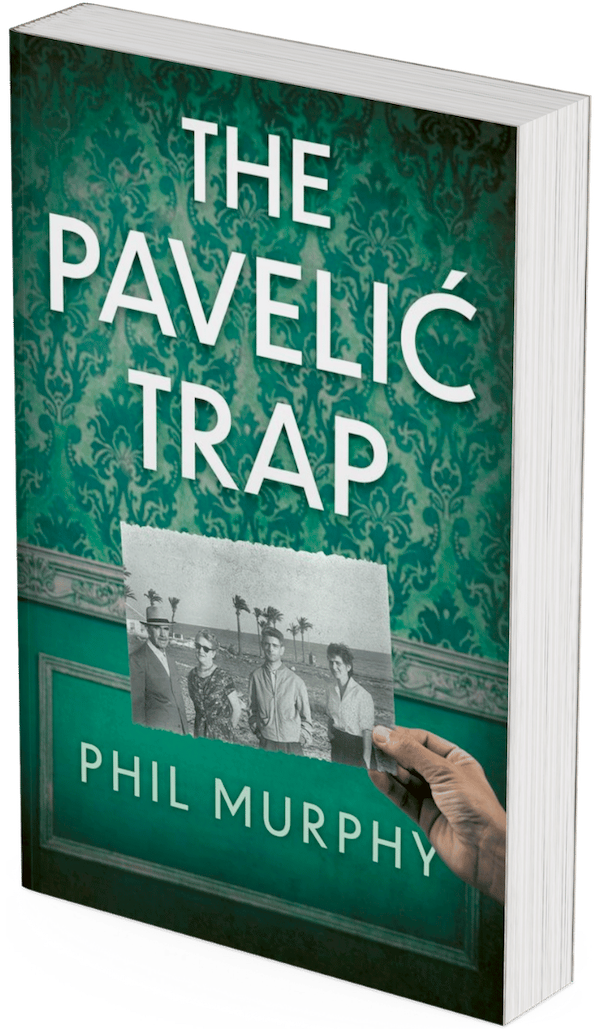The Story
When young British journalist Mick Morrison finds himself in Croatia almost by accident as the 1991-5 conflicts that led to the fall of Yugoslavia break out, he wonders whether he has the courage to be a war reporter. However, events sweep him along, and this is the beginning of a four-year journey that is at times thrilling and shocking, at times terrifying. As he witnesses sieges, concentration camps, killings in broad daylight, and ethnic cleansing, while he never sheds his fear, his mission to reveal what is happening in the Balkans and to persuade Western leaders to intervene to stop the killing becomes ever more compelling.
Mick distinguishes himself by unpicking the complexities of the break-up of Yugoslavia not through its near-incomprehensible political manoeuvrings but through the stories of mainly innocent people touched, shattered or destroyed by the wars. But, as the conflicts appear to be drawing to a conclusion, he is rocked by a personal tragedy, then undermined by a secret from his past that forces him to re-assess the moral certainties on which he based his journalism. Is there a Pavelić Trap? And, if so, is Mick caught in it?
This is an authentic account of the Yugoslav conflicts of 1991-5 and Phil believes it is the first time the full story has been told in a contemporary historical fiction format.
The Story behind the Story
 Phil was driven to research the fall of Yugoslavia and to write two novels about this period in contemporary history after visiting Bosnia’s capital, Sarajevo, just a couple of months after the end of a near four-year siege. Barely a city centre windowpane was left intact. How could a multi-ethnic, multi-cultural European city be allowed to be besieged for so long without meaningful intervention from ‘the West’?
Phil was driven to research the fall of Yugoslavia and to write two novels about this period in contemporary history after visiting Bosnia’s capital, Sarajevo, just a couple of months after the end of a near four-year siege. Barely a city centre windowpane was left intact. How could a multi-ethnic, multi-cultural European city be allowed to be besieged for so long without meaningful intervention from ‘the West’?
His concern became that these were Europe’s ‘forgotten wars’ – an inconvenience to the West at a time when the Berlin Wall had fallen, the Soviet Union had broken up and Saddam Hussein had been expelled from Kuwait. Did the fall of Yugoslavia and its estimated 100,000-140,000 deaths across the Balkans in just four years threaten to disrupt the narrative that liberal democracy had vanquished all alternatives and we were at “the end of history”?
“Given the fact that, after the Srebrenica massacre, the wars were brought to an end robustly and rapidly, why could this not have been done one, two or three years earlier, saving tens of thousands of lives?” says Phil.
The reasons behind the break-up of Yugoslavia were multiple and complex. Phil seeks to explain the background that led to the events of 1991-5 in a series of blogs posted on this site.
